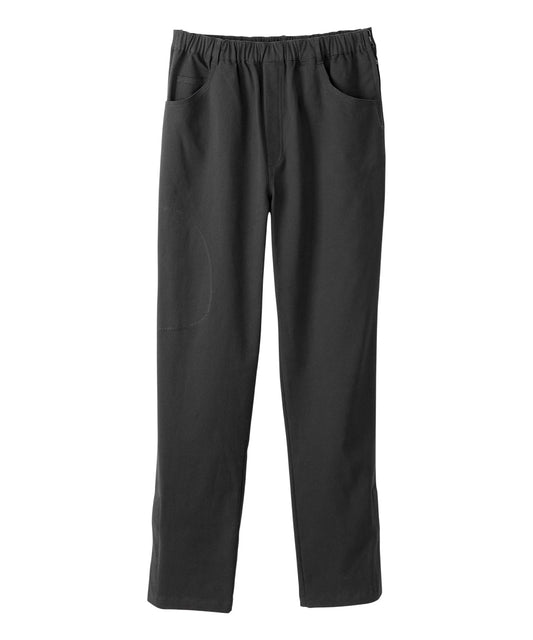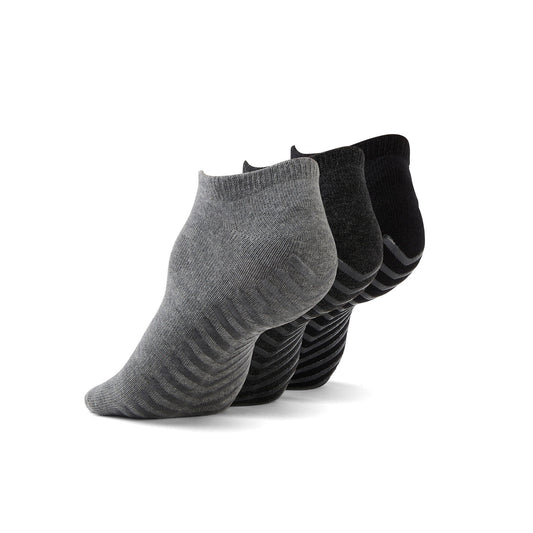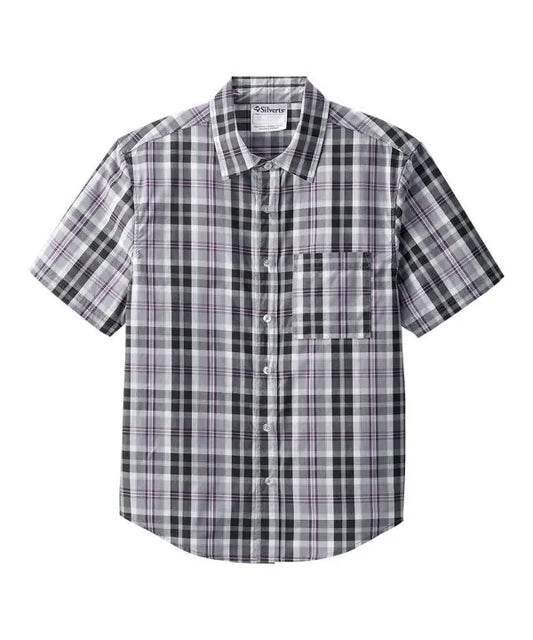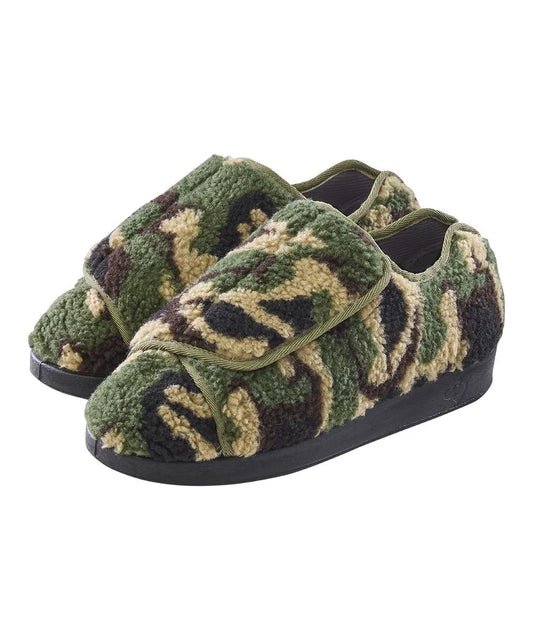Written by Krishna Sabaratnam
Chris Hadfield has been an inspiration to me since I first read his best-selling book "An Astronaut’s Guide to Life on Earth" in 2016. A retired Colonel, his achievements and accolades are well-known. In 2001, Hadfield was the first Canadian Astronaut to perform a spacewalk. Additionally, he was recognized as the Top Test Pilot in both the US Air Force and American Navy. His love of life and groundbreaking work in space exploration makes him the ultimate Rocket Man.
I first encountered Hadfield’s written work during a trip to Japan. It came at a very crucial point in my life when I was debating leaving a job in the risk management industry for fashion school. The book changed the way that I viewed people and my own ambitions to join an entirely different world – the world of fashion. Hadfield’s words still resonate with me: “there is nothing more important,” he writes, “than what you are doing right now”. Being a stroke and heart patient myself, I am glad I made the change. Changing careers in your 30s can be a daunting experience. But working towards a more inclusive community through adaptive fashion has given me strength and opened up entirely new opportunities in my life and career. In some small way, I owe that change to Hadfield.
“There's nothing more important than what you're doing right now.” – Chris Hadfield (An Astronaut’s Guide to Life on Earth)
June Adaptive, a contemporary Canadian marketplace and eCommerce platform for adaptive fashion was a participant at this year's Elevate Festival in Toronto. The conference highlights important work and initiatives that are being taken by large, mid, and small-size companies throughout the tech, data, art, and start-up world. During this conference, our founder Wendy Wong, and the team at June Adaptive had an eye-opening experience with Chris Hadfield. The Rocket Man himself helped broaden our perspective on everything disability, clothing, and dressing in space.
Take a listen to what Mr. Hadfield had to say below.
The Moment
Written Transcription:
Question by Wendy:
“I had a question for when you were in space and trying to get dressed – did you have any challenges getting dressed while you were in space? And do you think someone with a disability would have the same challenges while they are on earth?”
Answer by Chris Hadfield:
“It depends on what you define as a disability. I mean everyone’s got abilities and disabilities of all different types. So how that affects how you are going to get dressed is completely personal. Without gravity getting dressed is weird – you can put on both legs of your pants at the same time. You don’t need to wear shoes because you never stand up. You don’t even need to really wear socks, but a lot of us think our feet are unclean and hands are clean so we cover our feet with socks. But in space, it does not make any sense because in space it would be better if your toes were available to grab onto things and where it free’s up your hands".
"The other thing is a lot of the ways we get our clothes dirty is because we sit on our clothes, and it grinds your clothes into your body and that makes your clothes dirty and grinds your clothes into the chair. But without gravity, your clothes just float next to you. So your clothes don’t get dirty and it’s a clean place. You can wear the same jacket for six months and it will be just as clean, it’s as if you went into a closet and just started to move around your clothes that were floating around in the closet. So, they last a long-time, so clothing is a little different in orbit. Also, we have no washing machine and no dryer – so we just wear our clothes until they wear out and then we throw them away.”
I would like to take this moment to thank everyone who helped organize and support the insightful work that was showcased at this year's Elevate Festival. See you in 2023!















